The Joseph P. Healey Library at the University of Massachusetts Boston is pleased to announce the availability of RoPA, the Roadmap for Participatory Archiving, at ropa.umb.edu. Supported in part by a National Leadership Grant from the Institute of Museum and Library Services (IMLS), RoPA is an online resource designed to guide libraries and cultural organizations through the process of collaborating with community members to plan engaging and inclusive participatory archiving events and to create digital collections.
RoPA is a response to an increasing interest in public digitization events, which are part of the emerging phenomenon of participatory archiving. At these events—commonly called “scanning days” or “digitization days”—individuals connected with a theme, topic, event, or community come together to share personal and family photographs and stories, which are copied and added to a digital collection. More and more, librarians and museum curators recognize the potential for these types of projects to break down hierarchies and enrich local, regional, and national histories. By playing an active role in selecting and describing what should be preserved in an archival collection, community members can transform our collective understanding of the past. Through participatory archiving, these groups come together to build a more inclusive archival record.
“We created RoPA to answer calls from colleagues around the country for guidance on how to undertake participatory archiving projects in their own communities,” explains Carolyn Goldstein, the coordinator of the Healey Library’s Mass. Memories Road Show program. The Mass. Memories Road Show is a statewide, event-based participatory archiving program pioneered by UMass Boston that documents people, places, and events in Massachusetts history through family photographs and stories. For this program, archivists and public historians in the Healey Library at UMass Boston work in partnership with local planning teams and volunteers to organize free public events where individuals bring photographs to be copied and included in a digital archive. Since its launch in 2004, the Mass. Memories Road Show has digitized more than 12,000 photographs and stories from across the Commonwealth, creating an educational resource of primary sources for future generations. “RoPA is an opportunity to enhance the impact of our Massachusetts-based program,” adds Goldstein.
The development of RoPA was led by IMLS grant Co-Principal Investigators Goldstein and Andrew Elder, together with Sarah Collins, who served as Project Manager. They worked closely with a Core Team of leaders in the participatory archiving field to inform development and best practices on all aspects of the resource. RoPA’s Core Team included: Kathy Bolduc Amoroso, Maine Historical Society; Anne Karle-Zenith, Metropolitan New York Library Council; Yesenia Lopez, Newark Public Library; Veronica Martzahl, formerly of Massachusetts Archives and now La Mesa History Center; Danny Pucci, Boston Public Library; Joanne Riley, Interim Dean of University Libraries at UMass Boston; and Michele A. L. Villagran, San Jose State University.
“I was thrilled when I was asked to work on the RoPA project team with several professionals from libraries and cultural institutions across the country. The collaboration and the sharing of ideas and knowledge helped strengthen the final project deliverable which will be an excellent guide for institutions and organizations as they collect and document personal and local stories and histories for future generations to enjoy or use for research,” notes Kathy Amoroso of the Maine Historical Society.
RoPA is aimed at libraries and cultural organizations of all kinds and sizes, offering a series of modules covering the important aspects of planning a participatory archiving event, including community partnerships and outreach, event logistics, metadata and archival description, and the preservation of digital materials.
“To understand clearly what our colleagues throughout the country needed to know, our first step was to conduct a nationwide survey to capture the knowledge, attitudes, and practices of libraries and other cultural organizations,” Project Manager Sarah Collins explains. Libraries, cultural heritage organizations, and government agencies from more than thirty states responded to the UMass Boston survey.
“The survey results revealed that different users had different needs for an online resource of this type,” said Collins. Therefore, the team designed RoPA to be an accessible and adaptable resource that would guide both specialized professionals and novice volunteers through all of the steps of the participatory archiving process. While some users might already have experience with certain aspects of the work, they might need help with other dimensions. RoPA is organized by module to allow users to find the guidance they need and connect it to their own expertise and experience.
“We hope that RoPA will strengthen collaborations between libraries and their communities, and enable them to together build unique archival collections that document historically marginalized perspectives,” said Andrew Elder, Interim University Archivist and Curator of Special Collections. “Ultimately, we anticipate that RoPA will help connect people around the country who are doing this important participatory archiving work so they can learn from and support each other.”
For questions and more information, email ropa@umb.edu.
University Archives and Special Collections in the Joseph P. Healey Library at UMass Boston was established in 1981 as a repository to collect archival material in subject areas of interest to the university, as well as the records of the university itself. The mission and history of UMass Boston guide the collection policies of University Archives and Special Collections, with the university’s urban mission and strong support of community service reflected in the records of and related to urban planning, social welfare, social action, alternative movements, community organizations, war and social consequence, and local history related to neighboring communities. To learn more, visit blogs.umb.edu/archives.




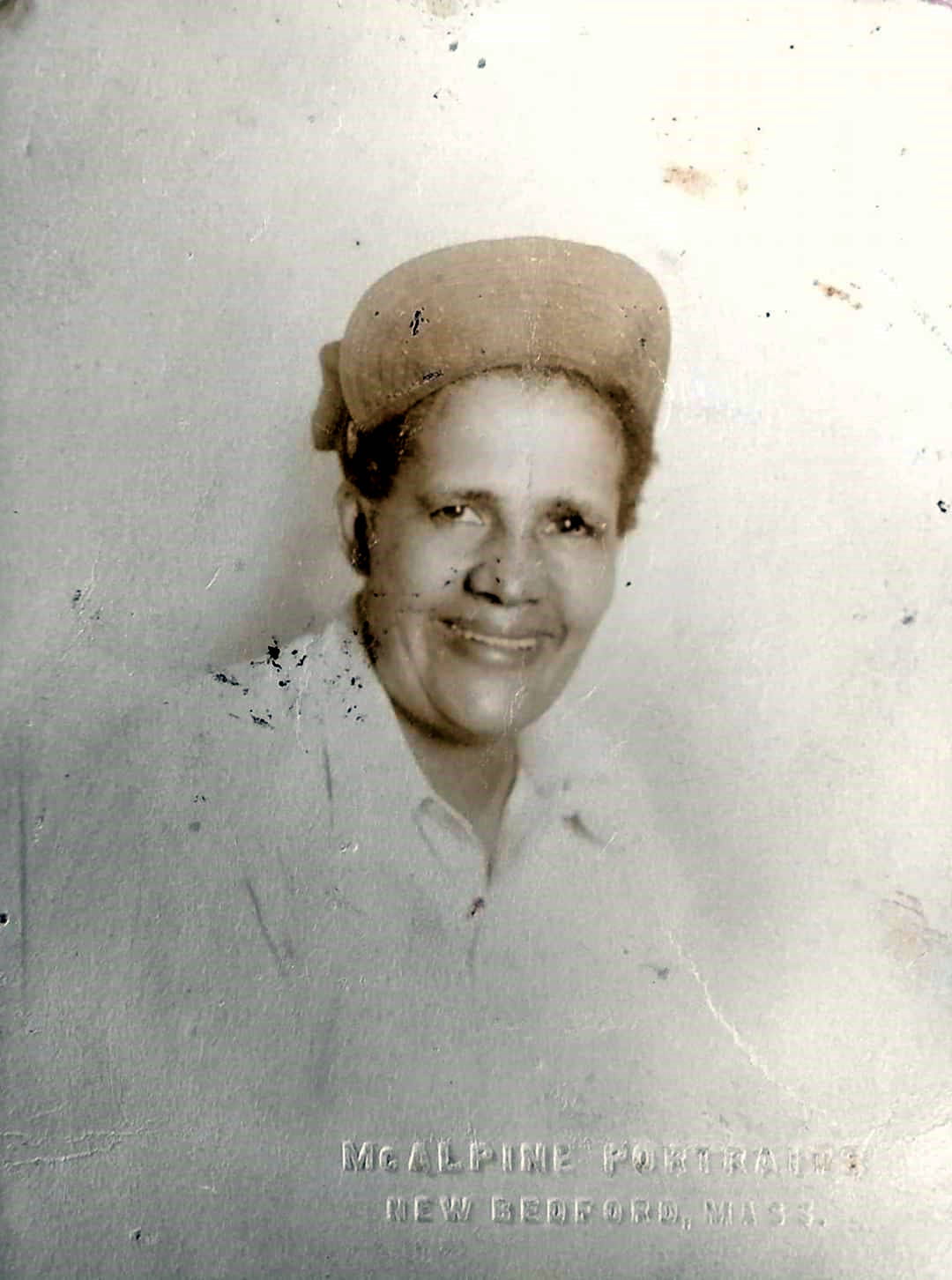
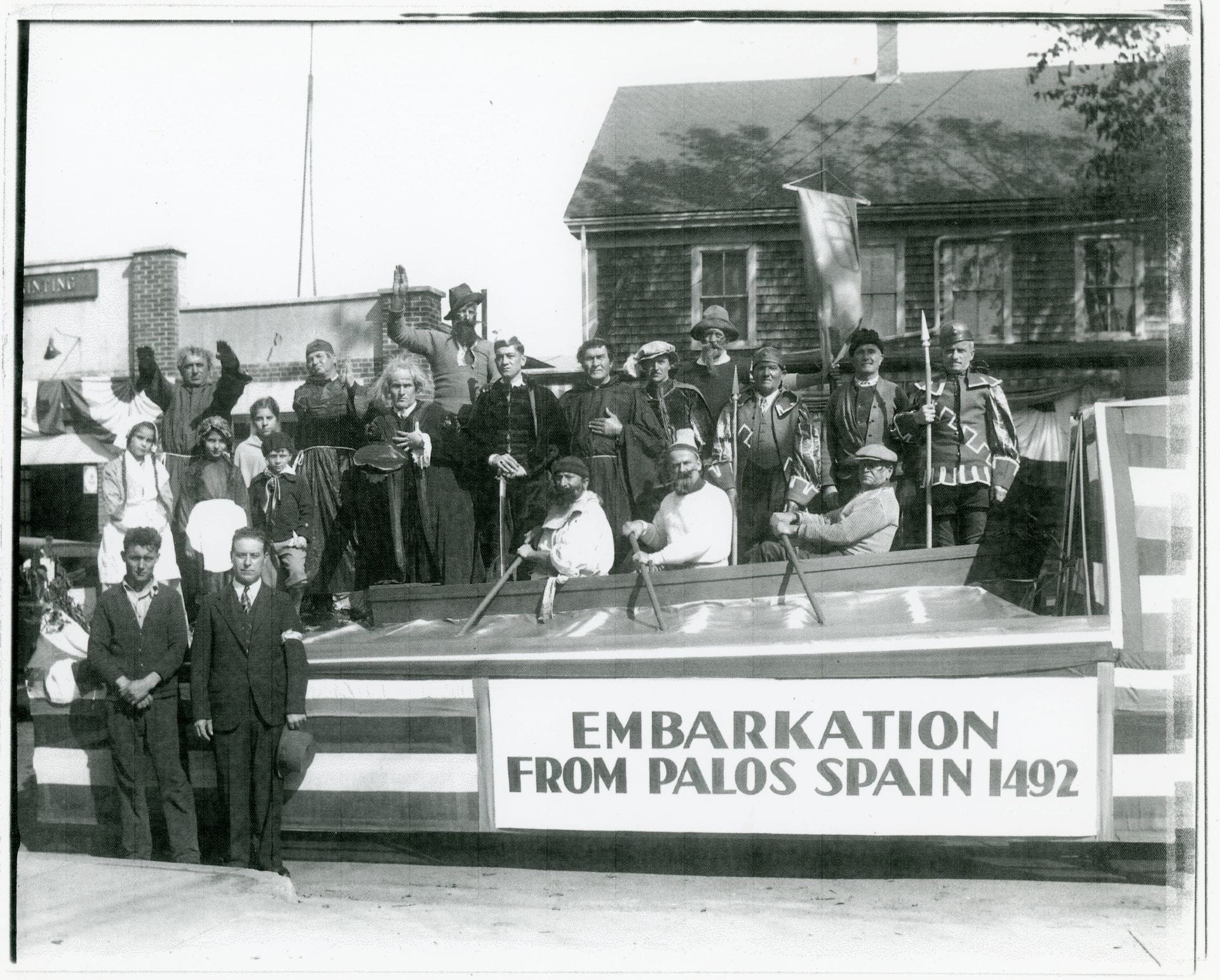
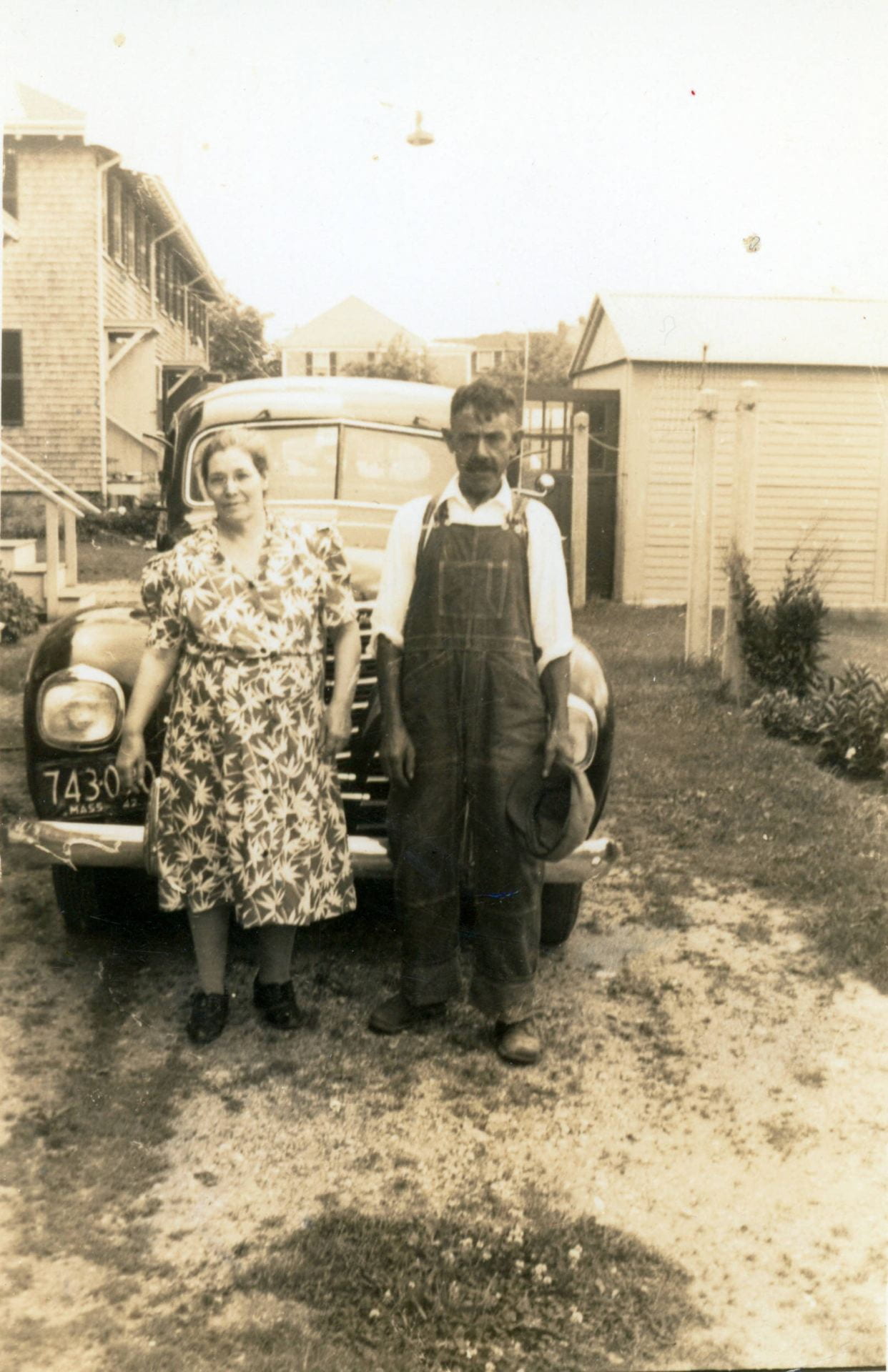
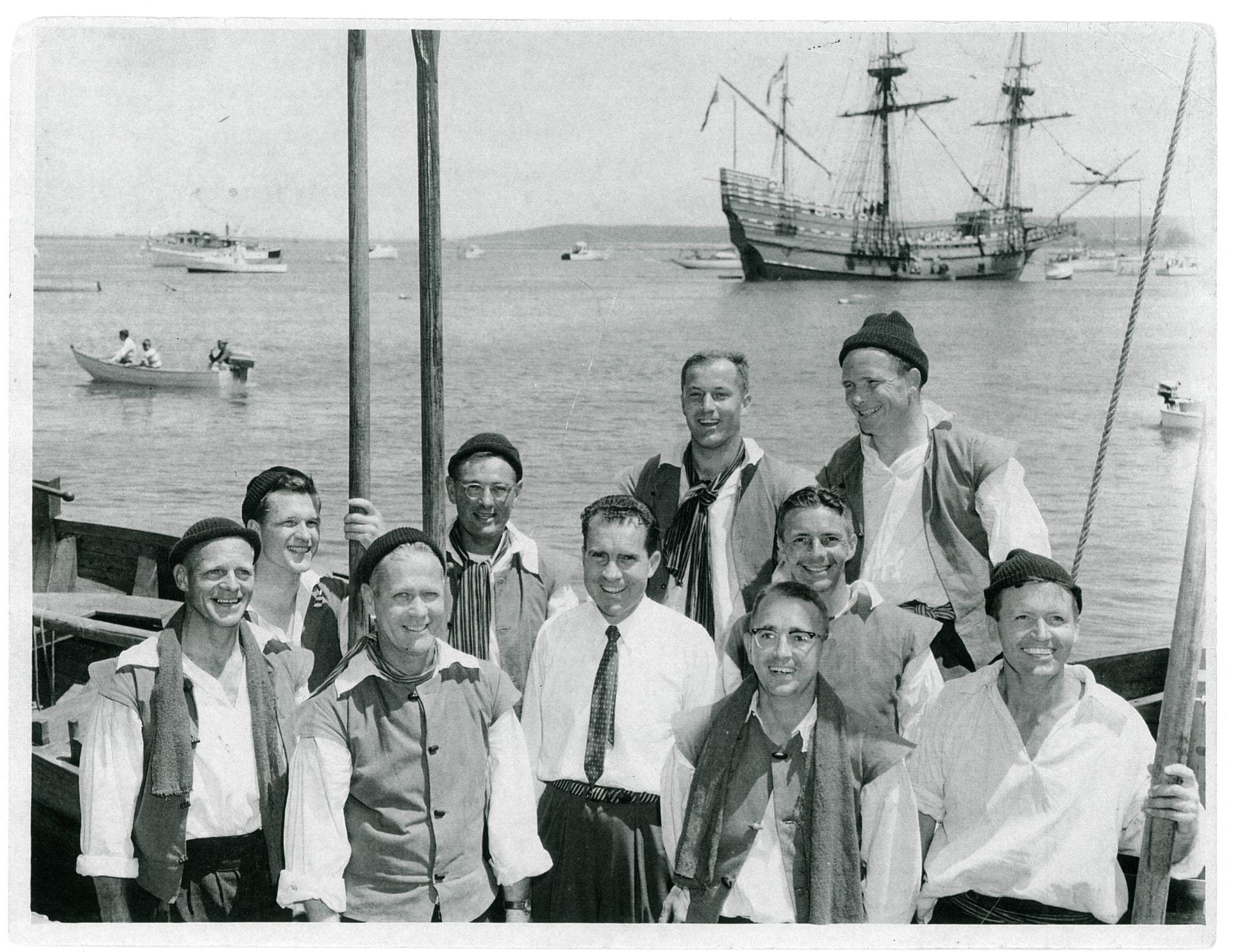


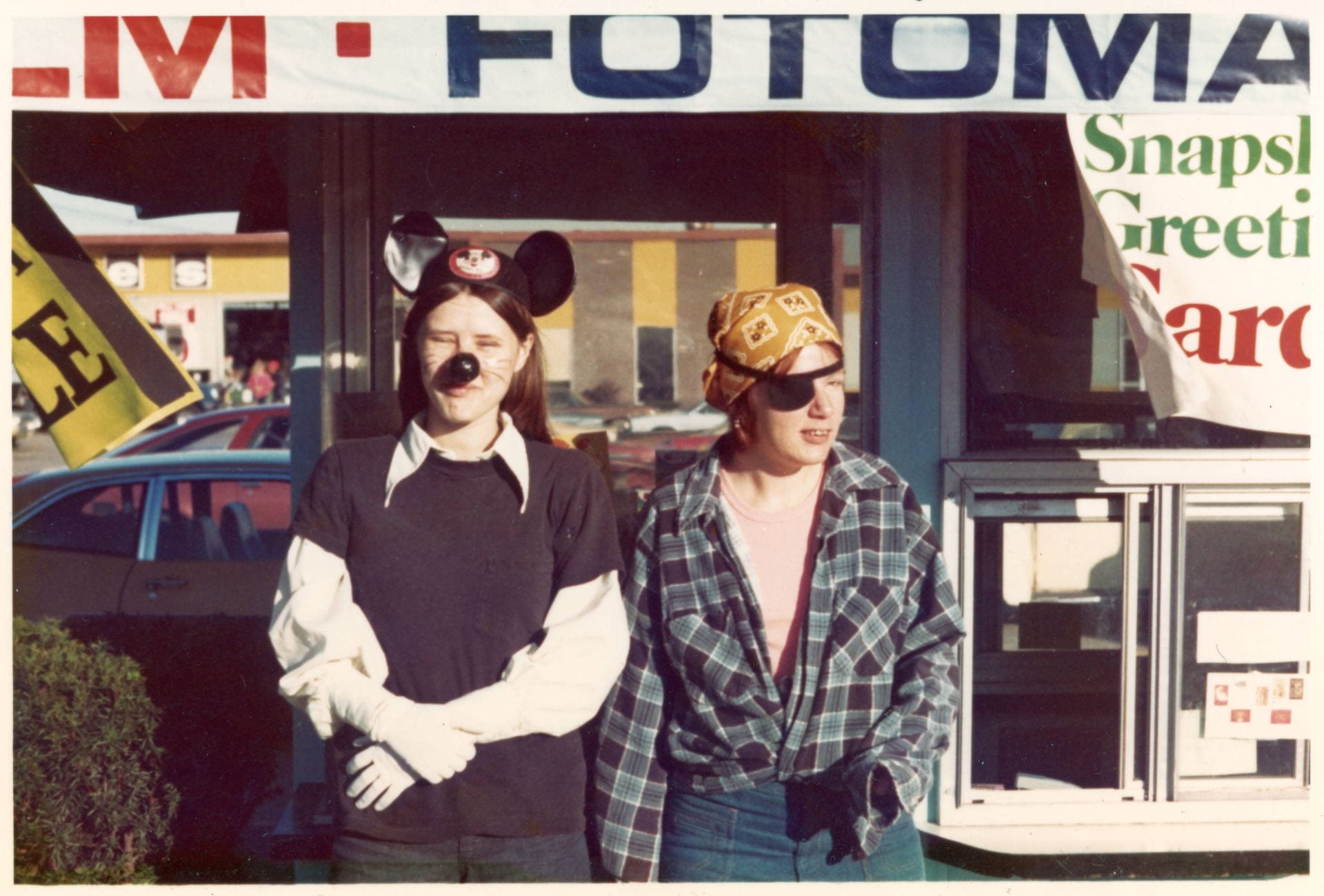

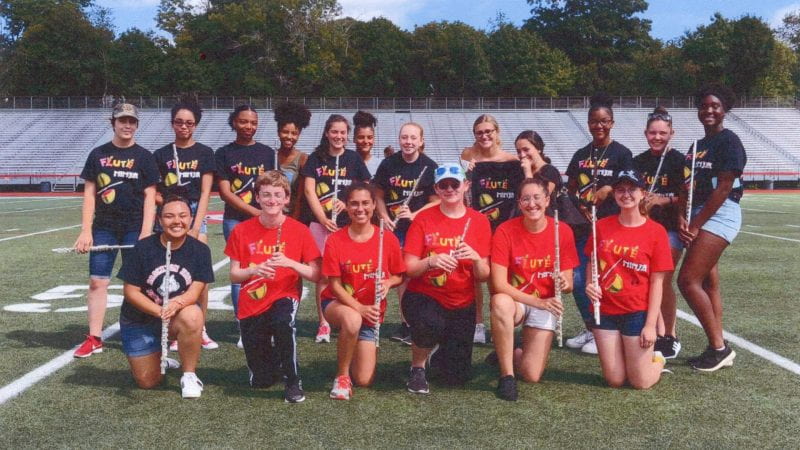
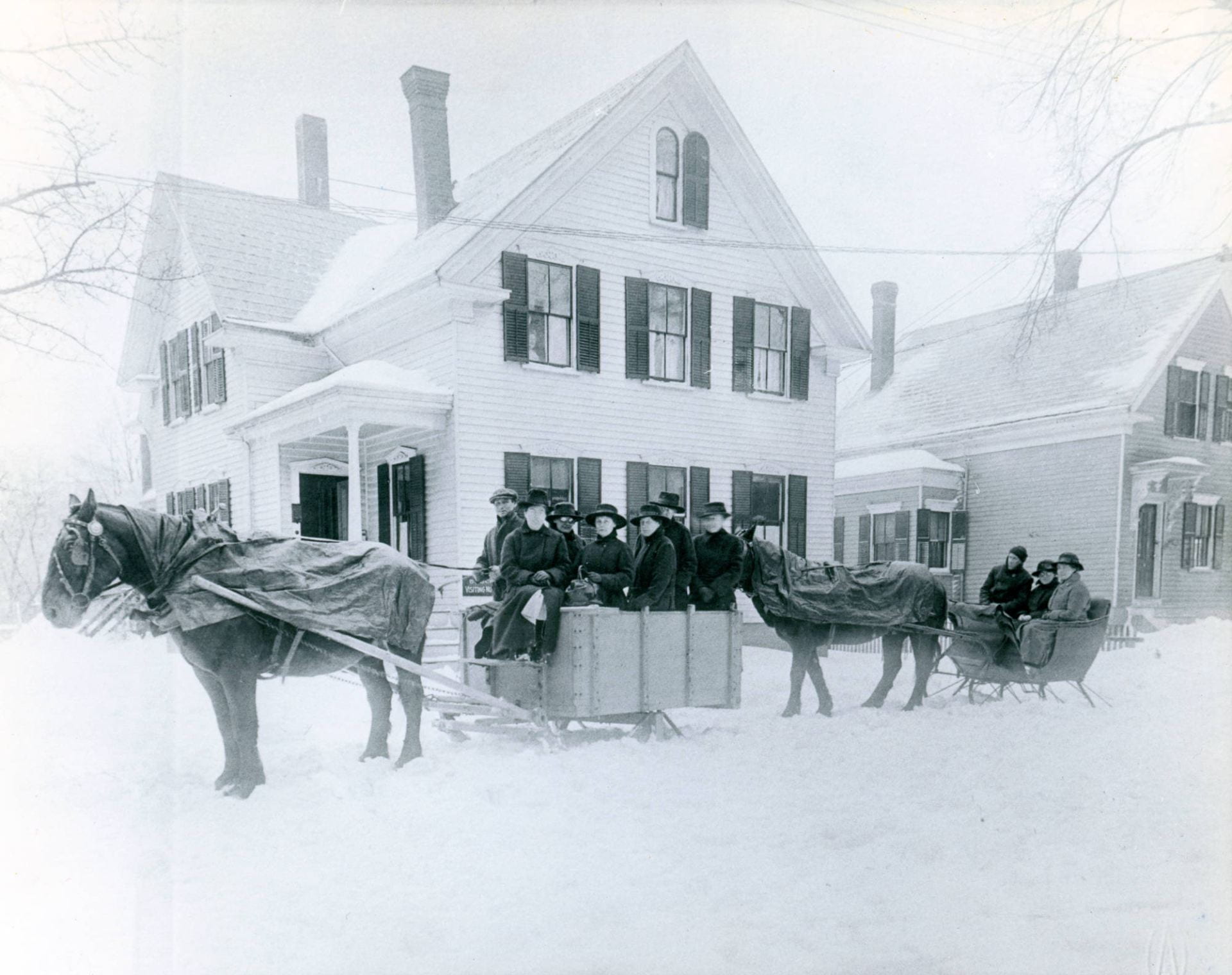
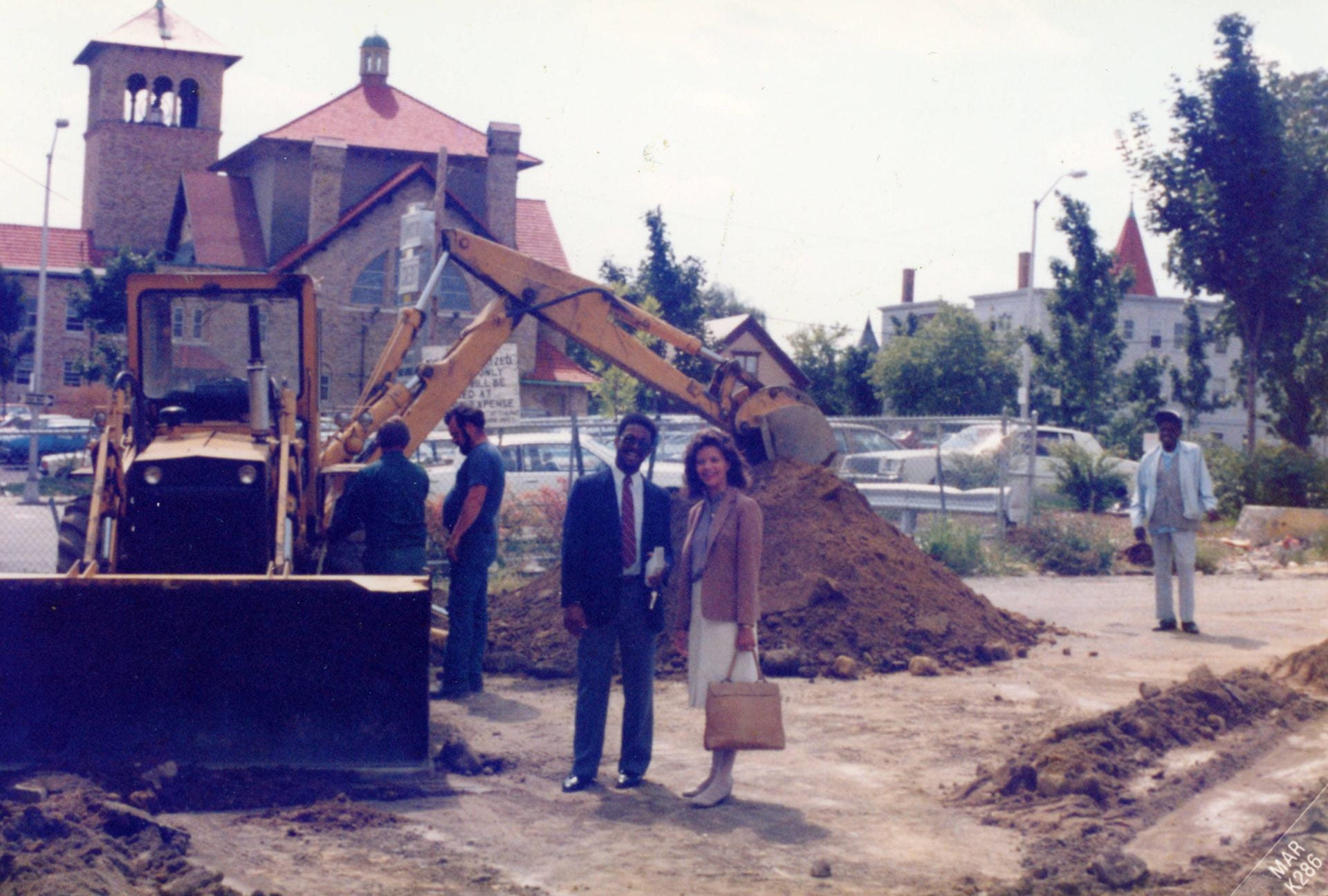
 Along with so many other public history and cultural programs, the Mass. Memories Road Show was forced to pivot away from live events in response to the COVID-19 crisis this spring. Still, the team at UMass Boston has been hard at work behind the scenes to make collections available and to emerge with a stronger program as soon as we can get back on the road again.
Along with so many other public history and cultural programs, the Mass. Memories Road Show was forced to pivot away from live events in response to the COVID-19 crisis this spring. Still, the team at UMass Boston has been hard at work behind the scenes to make collections available and to emerge with a stronger program as soon as we can get back on the road again.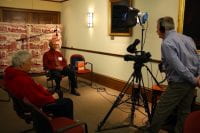
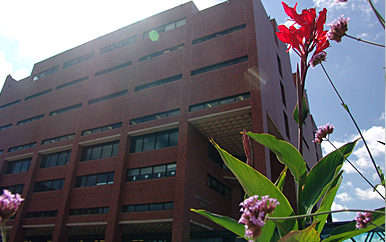 University Archives and Special Collections at UMass Boston is interested in
University Archives and Special Collections at UMass Boston is interested in